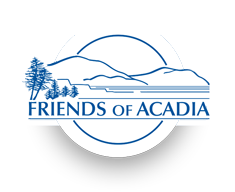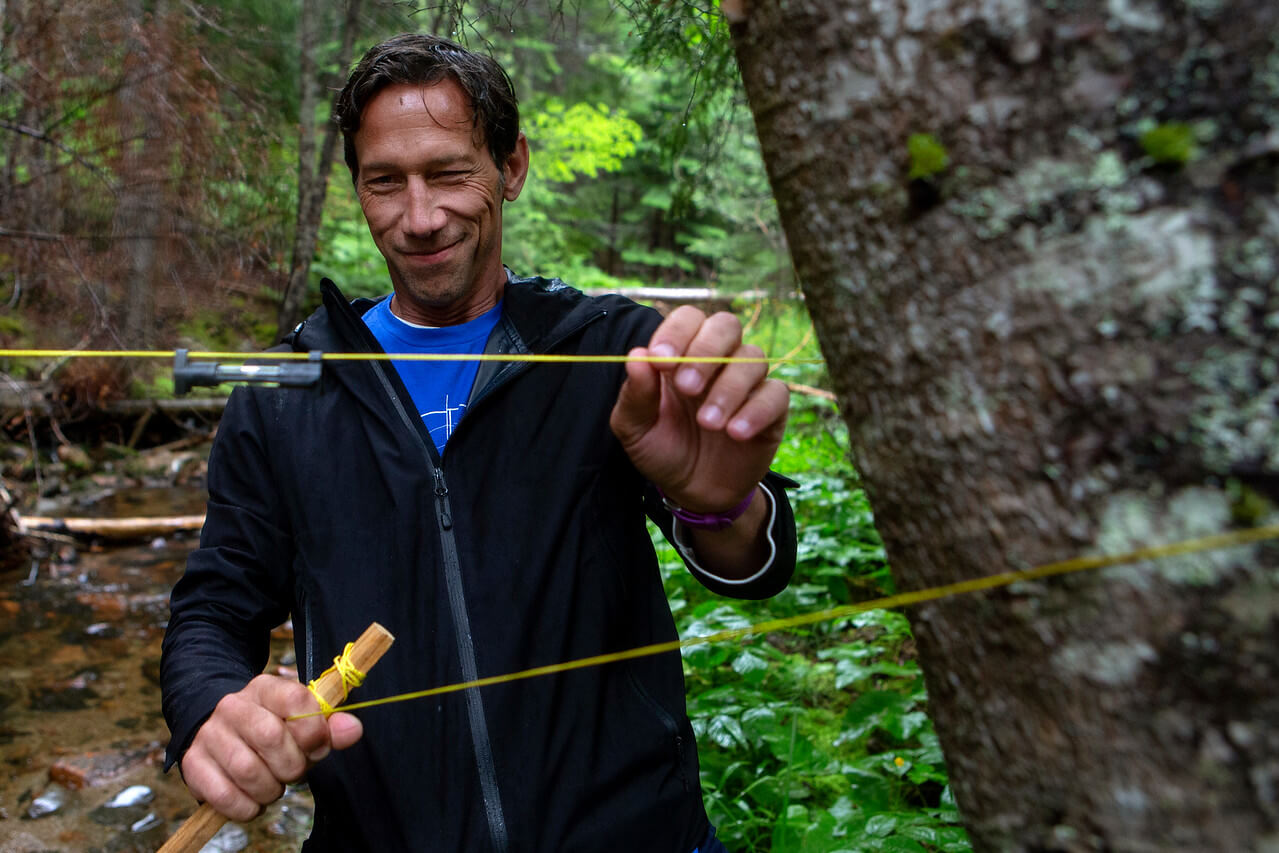Wild Acadia is a partnership-based, interdisciplinary, and updated approach to managing Acadia’s natural and cultural resources. Rather than managing to a past state, this approach seeks to understand the stresses to Acadia’s resources, the resulting changes from those stressors, and new ways to manage park ecosystems so that they are better equipped to handle changing environmental conditions.
Climate change has shifted Acadia’s weather patterns and temperatures, creating pressures from invasive insects and plants, seasonal drought, and significant storm events. Rising visitation may also create pressure on Acadia’s resources as visitors flock to the park’s moderate temperatures.
Friends of Acadia is investing in a series of Wild Acadia initiatives to help park ecosystems be resilient to the changes happening within and around them. It is no longer enough for park managers to replace infrastructure exactly as it was before or to repair environmental damage without thinking about the environmental conditions anticipated in the park in 40 years.
![]()
 Join
Join Donate
Donate Acadia National Park
Acadia National Park
